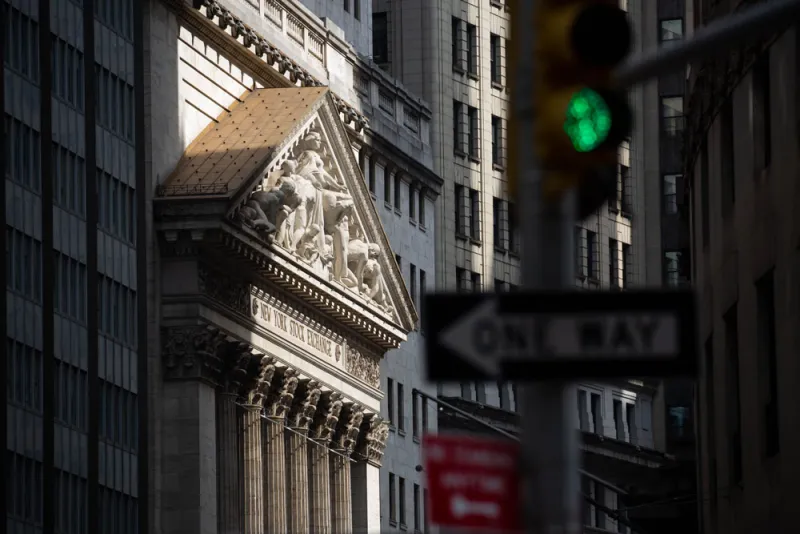Are hedge fund activists like Bill Ackman and Carl Icahn good at turning around companies — or just good at picking stocks?
A new academic study sought to answer that question, examining whether the investment gains generated by activist hedge funds are due to value creation or simply good stock selection. The paper was authored by Martijn Cremers, dean of the University of Notre Dame’s business school; finance professor Erasmo Giambona of Syracuse University; University of Arizona law professor Simone Sepe; and Ye Wang, assistant professor at China’s University of International Business and Economics.
“Some scholars argue that activist hedge funds improve the performance of undervalued firms and promote managerial and directorial accountability, benefitting all shareholders,” they wrote. “Others argue that activist hedge funds are professional arbitrageurs whose activities benefit themselves but not other shareholders, since any initial outperformance by the target companies does not last over the long term.”
Under this second hypothesis, the authors added, “activist hedge funds profit from superior stock selection and trading skills, not from turnaround planning that benefits the overall firm.”
[II Deep Dive: Hedge Funds Are ‘Impotent’ as Activists]
In their new paper, the quartet seek to understand what actually drives activist hedge fund performance by analyzing regulatory filings related to activist campaigns, called Schedule 13Ds, as well as 13D amendments. Their sample included 2,684 initial filings and 12,549 amendments filed between 1995 and 2016.
Using this data, Cremers and his co-authors first confirmed that stocks targeted by activist hedge funds do, in fact, produce positive, abnormal returns. According the paper, the average target company delivered excess monthly returns of about 2 percent for the first three months after the start of the campaign. And outperformance wasn’t limited to the start of the campaign: The authors found that targets also delivered significant, if smaller, excess returns over the 36-month and 60-month periods following 13D filings.
As the authors point out, these same targets had underperformed during the 36-month periods leading up to the activist campaigns.
“Hedge funds tend to target underperforming firms,” the authors wrote. “Such an effect, rather than activity by the hedge fund itself, could explain the increase in firm value observed in the hedge funds’ targets after an activist intervention. After all, many other parties, including top management and the board of directors, could initiate and pursue a turnaround plan at an underperforming firm, irrespective of whether the firm is targeted by an activist shareholder.”
To test this theory, the authors compared activist targets to a group of “control” firms — companies with similar characteristics but which had not been targeted by activist campaigns.
They found that both groups outperformed the broader market following the start of activist campaigns, with activist targets earning higher excess returns during the first three months. Over the longer term, however, the target companies “significantly underperform” control firms.
“These results confirm our hypothesis that activist hedge funds have a strong ability to identify undervalued firms as targets, and are inconsistent with the hypothesis that activist hedge funds directly cause the targets’ outperformance, as, for example, through good turnaround planning,” the authors wrote.
As further evidence, Cremers and his co-authors also looked at whether activist hedge funds demonstrate trading and marketing timing skills. They found that activists tended to sell target stocks when the companies disclosed good news, and that these activists outperformed buy-and-hold shareholders investing in the same stocks.
“Collectively, these results suggest a reinterpretation of the role of activist hedge funds,” the authors concluded. “They show that hedge funds exhibit both strong selection skills and strong trading skills… The fact that these skills do not seem to benefit other (particularly buy-and-hold) shareholders of targeted firms challenges the view that hedge fund activism adds long-term value to firms.”







